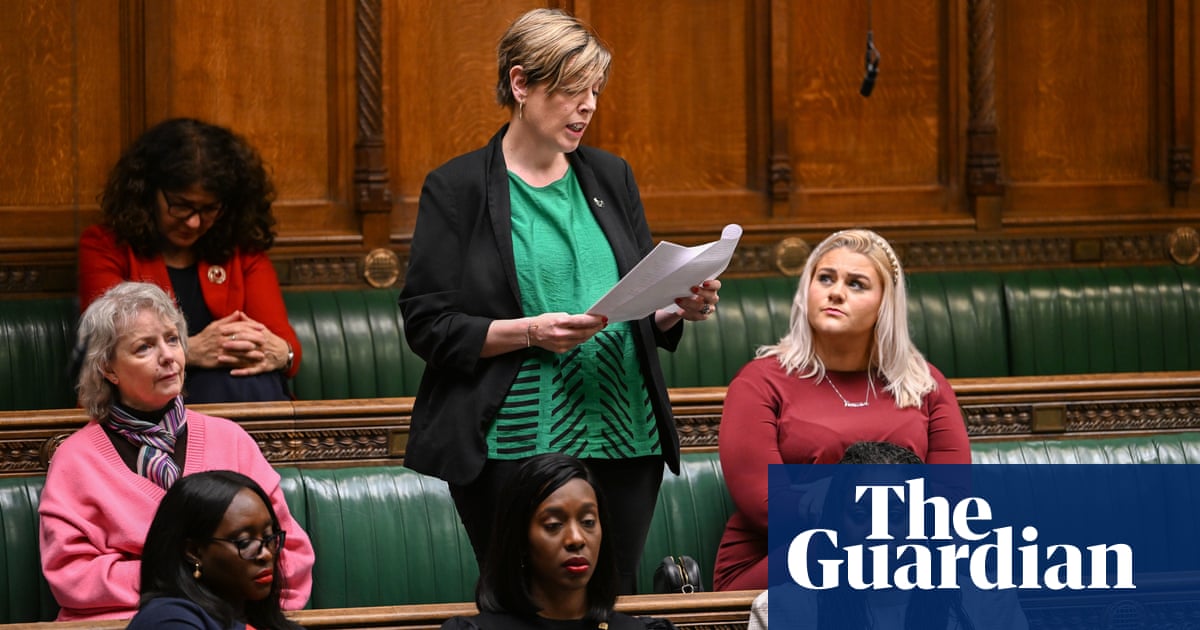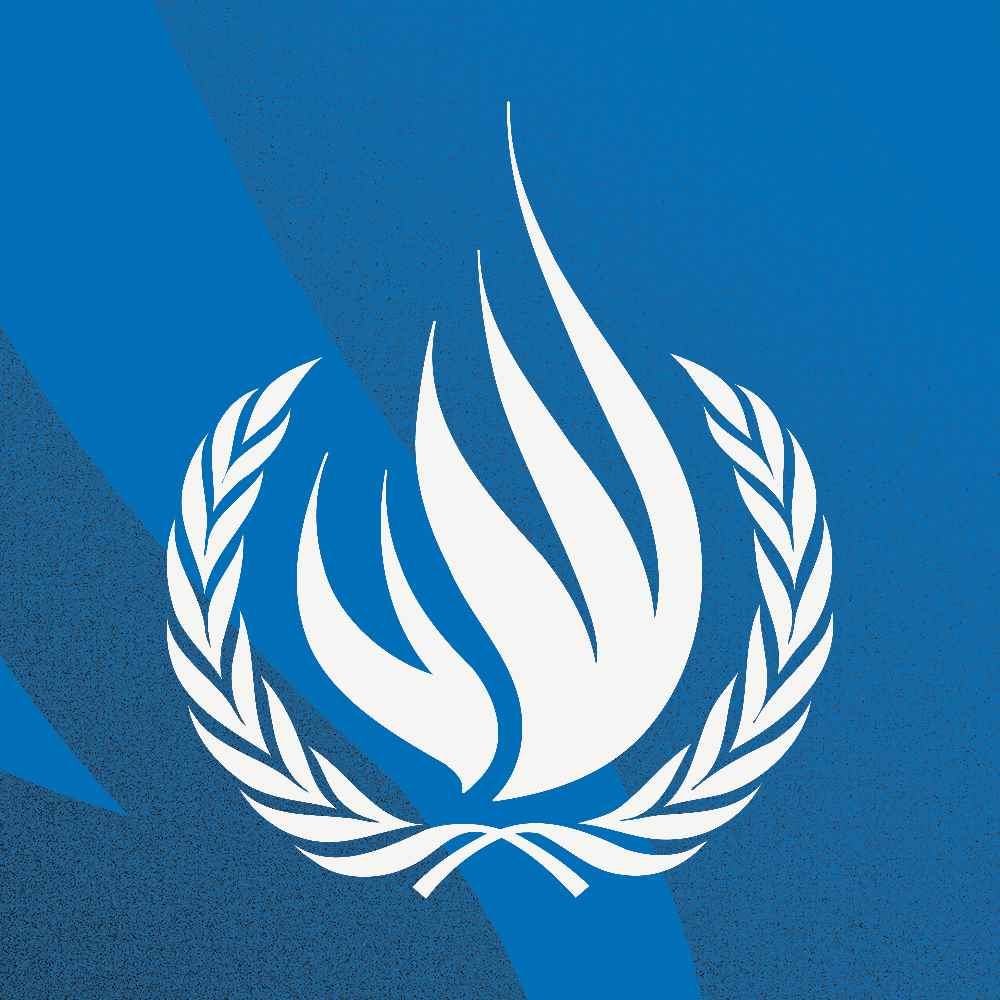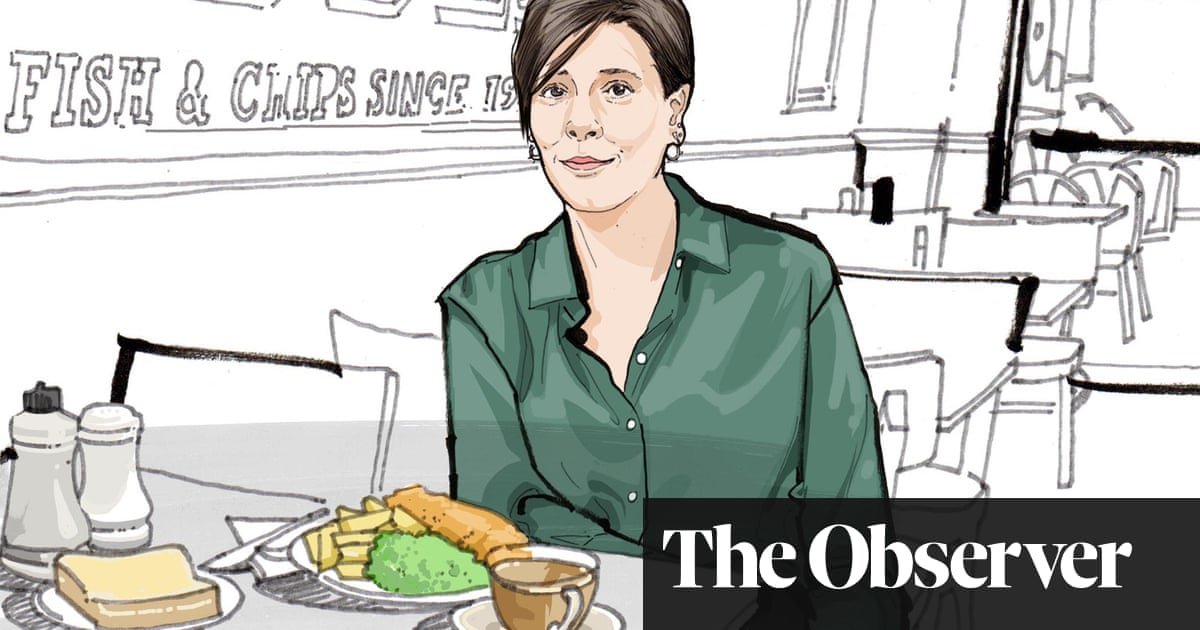
The country has undergone massive cultural change around violence against women in the past year but the government is still failing completely to recognise the scale of the problem, according to Labour MP Jess Phillips.
“I do feel like for the first time in my life violence against women and girls is definitely going to have to be a political priority and they cannot forget it,” she told the Guardian.
“But even with all the cultural change, the conversations, the money apparently being thrown at it, I’m still left despairing with women who’ve got nothing out the system and it’s just failed them again and again.
“And are women safer now than they were at the start of the year? No, they’re not.”
Phillips, the shadow domestic violence minister, has long campaigned on issues surrounding violence against women, and each year in parliament reads out the names of all the women who have been killed by men in the preceding 12 months.
This year had marked a huge “shift change” in awareness of the issue, she said. “I used to wait for Karen Ingala Smith [from Counting Dead Women] to send me the names. But I see them all myself now; they’re being reported everywhere,” she said. “And finally it’s not just like: ‘Aren’t these individual cases bad?’ We have started as a public to see them in the round.”
The murder of Sarah Everard by the police officer Wayne Couzens in March sparked a nationwide conversation around women’s safety that has been galvanised by further killings, including Sabina Nessa, who was found dead in a London park in September, and Gracie Spinks, who was killed by a stalker in June.
Andrea Simon, head of the End Violence Against Women coalition, said efforts to further protect women in 2021 had not gone far enough.
“It has been an unprecedented year in terms of how much we’re talking about violence against women and girls, which means that for many it feels like a watershed moment,” she said.
“However, I think many of the solutions and the responses from government, and in the criminal justice system, have missed the mark. We haven’t gone as far as we should have done. And we haven’t moved as quickly in terms of making things better for women and girls who report abuse.”
Phillips said that while the government has claimed to be taking action on the issue, “it’s not OK to focus this entirely on the criminal justice system”.
“They’re still stuck in a furrow of ‘tough on crime’. I will respond to their ‘tough on crime’ by saying you’re not being tough on crime, you’re literally letting most rapists through.”
To effectively tackle the problem there needed to be institutional change across a wide range of services, she said, particularly in housing and welfare. “In England there isn’t anywhere a single woman on an average wage could afford a private rental property. And we ask ourselves why women end up stuck,” she said. “But the government think that declaring new sentences is the answer.”
The government is also failing to dedicate enough resources to prevention, she said. “There needs to be far more about education, far more about what behaviours are and aren’t acceptable, there needs to be far more robust interruption of the perpetrator, whereas currently the system relies on the interruption of the victim.”
Reflecting back on the year, Phillips said she felt “a little bit beaten” after speaking out about so many distressing cases.
“I have found it a really difficult year. You get to the point where each and every case that I see, I can’t believe that it’s still so bad, and it feels tiring. It feels tiring,” she said. “And I have suffered more because of the raised profile, and the threat level against me has gone up as a result of me speaking out about it.”
In April, Tony Eckersley, a white supremacist, was jailed for more than two years after sending hundreds of violent, misogynistic and racist messages to Phillips. She said the online harms bill currently making its way through parliament must be used as an opportunity to protect women online. “But currently it doesn’t say ‘women’ in it once. So there’s work to do,” she said.
Phillips said she was hopeful for the future, with more opportunities to help tackle issues around violence against women than ever before, but she still despaired at how much “preventive work” women were expected to do themselves.
“Women are the ones passing on the stories to their daughters about what you have to do. There’s a dreadful baton-passing about what to expect in life,” she said. “Women are the ones who have to act differently, have to behave differently, we’re supposed to flag down the buses. Women in relationships are meant to risk assess and then if you are a victim of violence, that is like a full-time job to come forward about it.
“There is just so much where we are expected to fill the gaps left by a system that has failed.”












